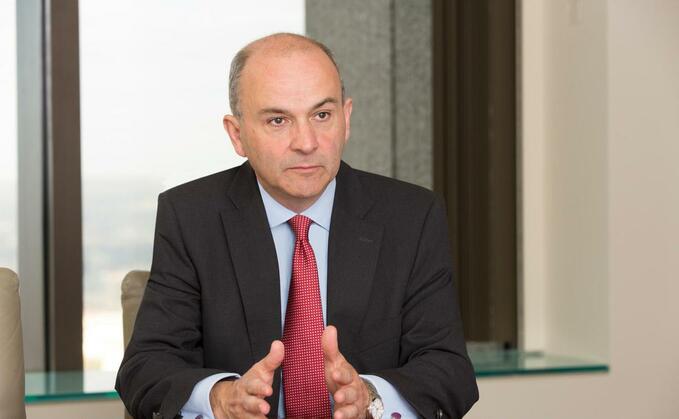
Robert Lind, economist at Capital Group
Falling demand for energy could mean a shallower economic downturn in Europe and unlock value in European equities, according to Capital Group economist Robert Lind.
Lind highlights that demand for gas fell by around 15% over the first eight months of 2022 and by an estimated 25% in the third quarter.
Furthermore, this has come from European industry substituting other energy sources for Russian oil and gas, rather than from reductions in output.
In a briefing published last month, he writes: "This substitution effect has further to run, which means demand destruction will likely be lower than feared, perhaps considerably so, and that should translate into a less dramatic hit to European GDP than the market expected."
Lind predicts that gas demand could fall a further 10-15% in 2023, on top of a likely 10-15% reduction in 2022.
This should feed through to the economy. "A less severe recession could ultimately unlock the value in European equities," he says, adding that this could trigger a move to higher valuations if central banks stop their policy tightening in 2023.
However, he warns that in the short term, consensus estimates for the continent's gross domestic product (GDP) and earnings per share (EPS) growth are still too high.
Outlook for 2023
Lind will be discussing all of this and more with Dan Kemp, global CIO at Morningstar, and Ben Seager-Scott, head of multi-asset at Evelyn Partners, at an exclusive webinar on Wednesday 18 January.
Hosted by Investment Week and Professional Adviser, the event will look at investment prospects for the coming year, covering issues such as:
- How will equities perform in a likely global recession?
- Is fixed income now attractively priced for investors to return?
- Where are pockets of value to be found?













